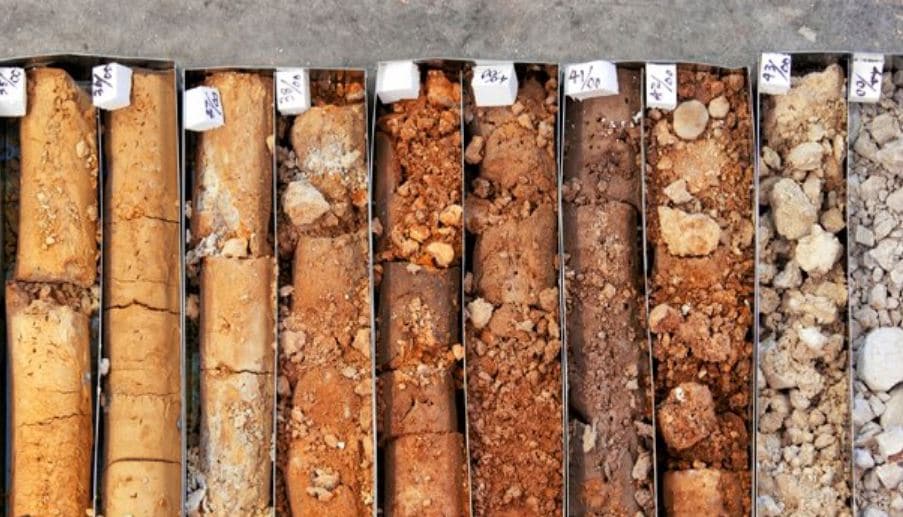Tel
400-1000-286
Do you understand the foundations and soil conditions beneath any structure? Why do soil investigations and geotechnical reports play a significant role in understanding foundations and soil? This article will provide the answers.
Soil investigation refers to engineers testing the soil at the designated construction site, classifying the soil, predicting its properties, and determining weak areas or voids in the foundation
Every construction project requires a sturdy foundation.
Do you know what kind of soil a building is constructed on?
What causes soil settlement?
Most people are not aware of the exact composition of the soil beneath a structure, nor do they understand the compaction level or characteristics of the soil. Soil issues usually go unnoticed until cracks appear in walls, floors, or concrete slabs, or until foundation settlement occurs, prompting property owners to address and resolve the problems. Soil investigation allows engineers to test and classify the soil at the designated construction site, predict soil characteristics, and identify weak areas or voids in the foundation.

Why is a soil investigation necessary?
Soil investigation helps the foundation repair team understand how to effectively address your soil-related issues and propose targeted solutions. For instance, it enables precise calculations for the type and quantity of filling material to be used, where to inject the material, and how to repair to best address the potential for future settlements. In essence, a soil investigation pinpoints the real needs for resolving foundational issues.
Results of the Report
Upon completion of the engineer's investigation, you will receive a report that provides a detailed description of the soil conditions around the building. This report includes the following information:
The composition of soil at various locations and depths,
The density and permeability of the soil at different depths,
Mapping the soil beneath and around the structure to identify weak soil or voids,
Areas where future soil problems or settlement issues are likely to occur,
Customized recommendations for soil void filling and leveling.
In addition to soil investigations, geotechnical reports also provide valuable reference for formulating soil remediation solutions.

A geological survey report is a technical analysis report issued by a geological exploration institute, providing a professional and authoritative analysis of the geological and soil conditions of a particular piece of land. It is a survey result of the geological environmental conditions in the respective area, and it is technical data obtained based on professional analysis and calculations according to user needs.
The report uses appropriate drilling, geophysical exploration, geochemical exploration, and other methods to deduce the distribution of rocks and soils within the area through indoor analysis. It comprehensively determines the physical and mechanical properties of soil, rock, groundwater, and other elements based on testing methods, arriving at analytical conclusions.
During site planning and construction layout, designers should arrange the layout appropriately based on the geological survey report and take corresponding measures to ensure the safety of the superstructure, avoiding issues such as building settlement, tilting, collapsing, or being affected by geological disasters, which could lead to damage to the geological environment.
Whether it's a soil investigation or a geological survey report, both help in understanding the soil properties beneath the structure comprehensively and predicting future soil changes, enabling the formulation of appropriate strategies.
"Even the most experienced experts cannot see through the concrete floor to detect underground problems. Accurately and effectively addressing foundation issues requires skilled techniques, diligent staff, and detailed and thorough planning.